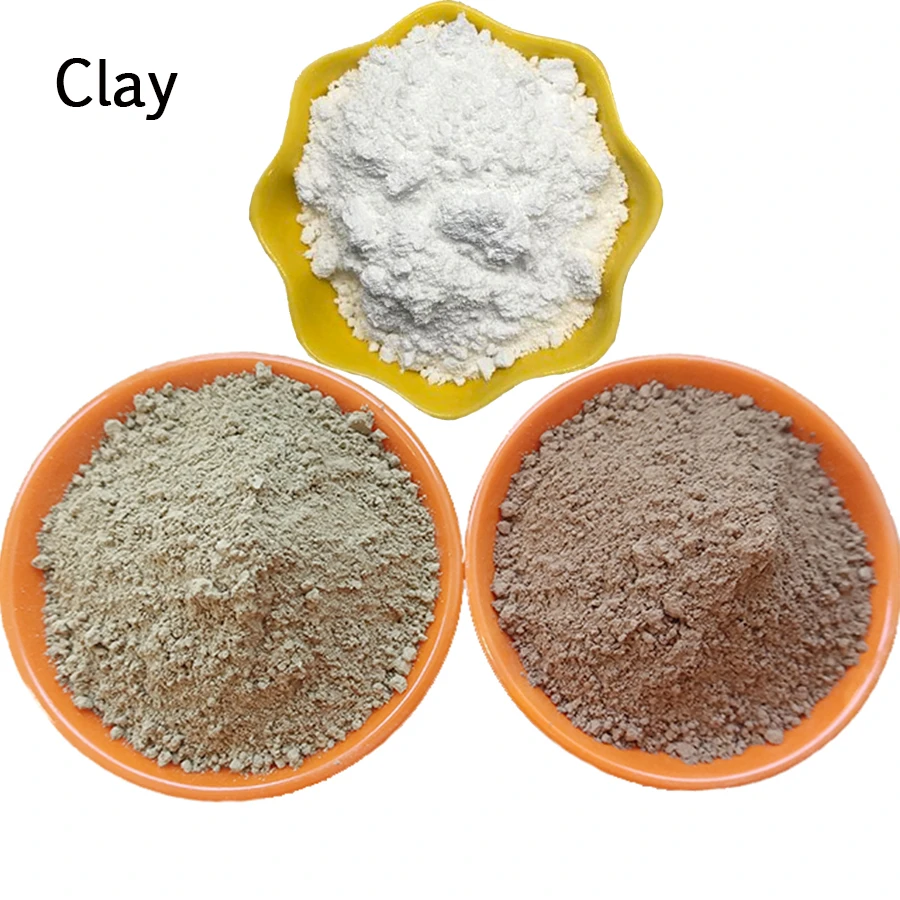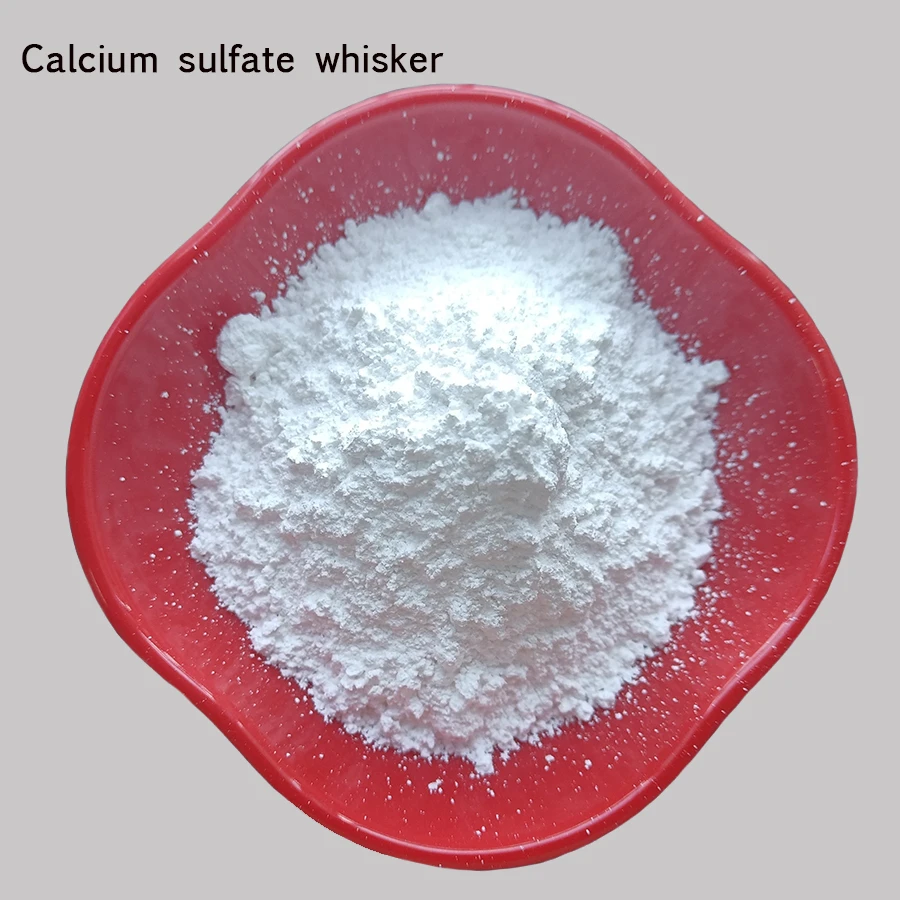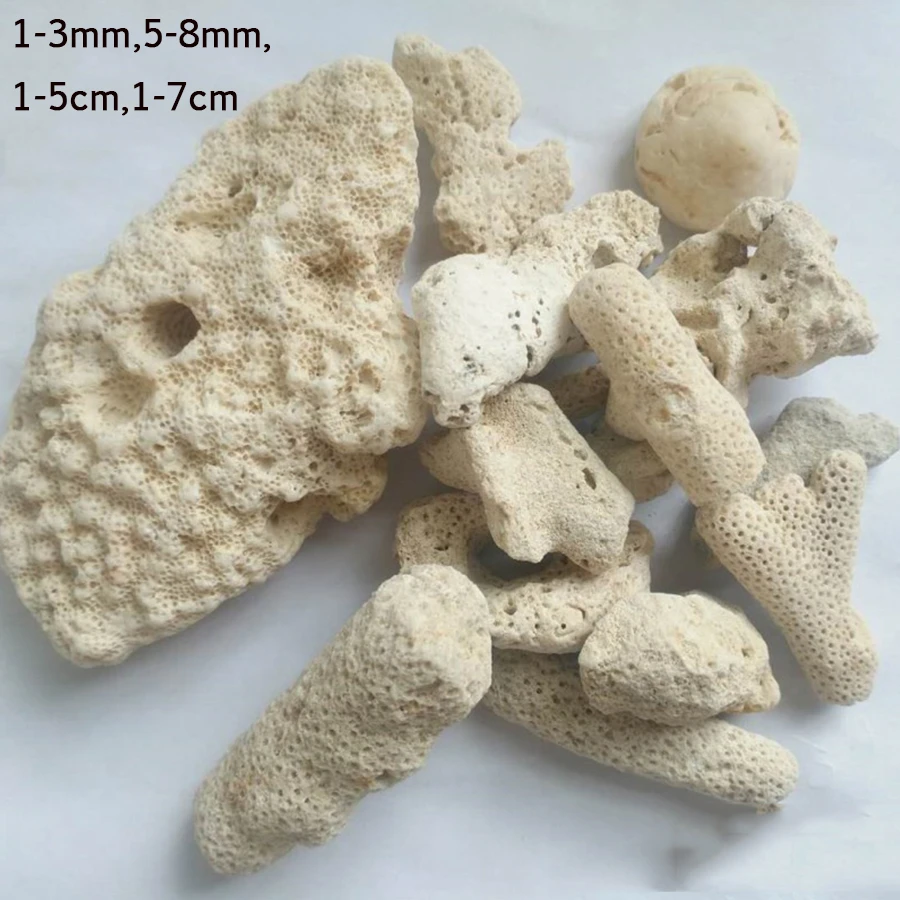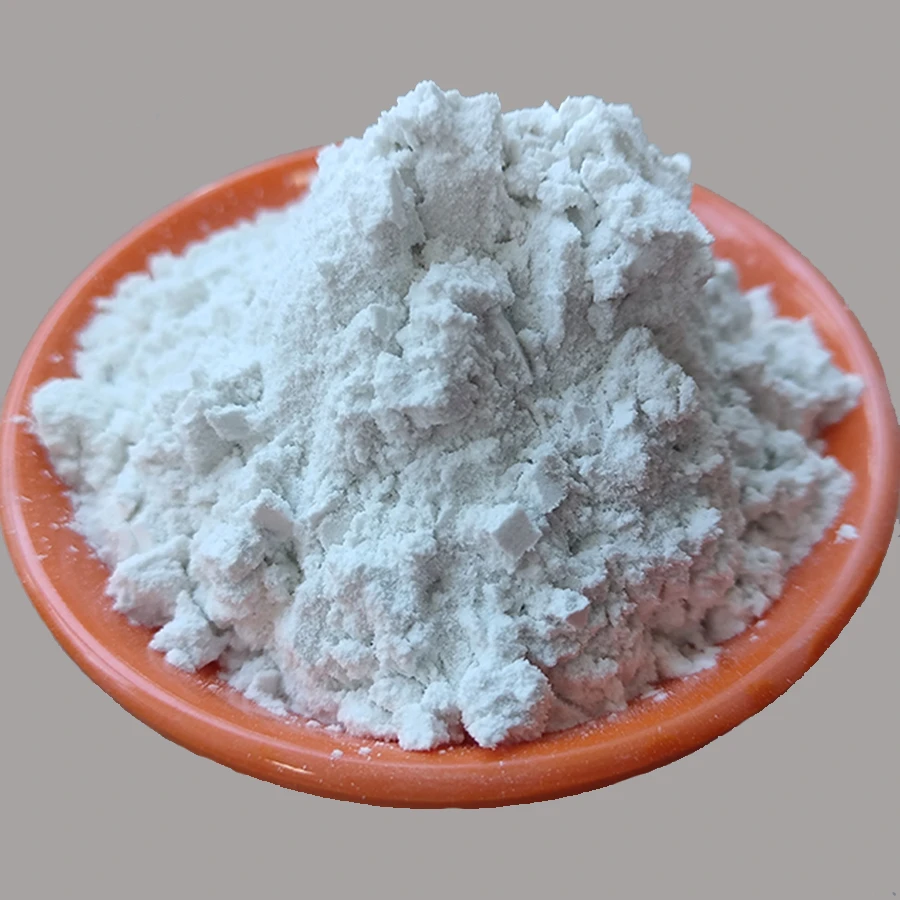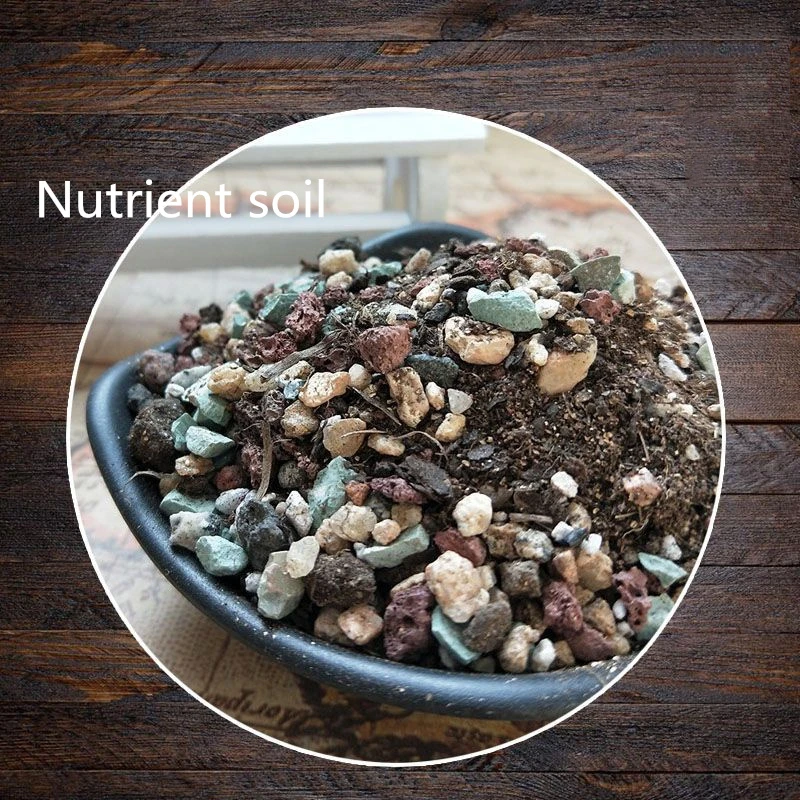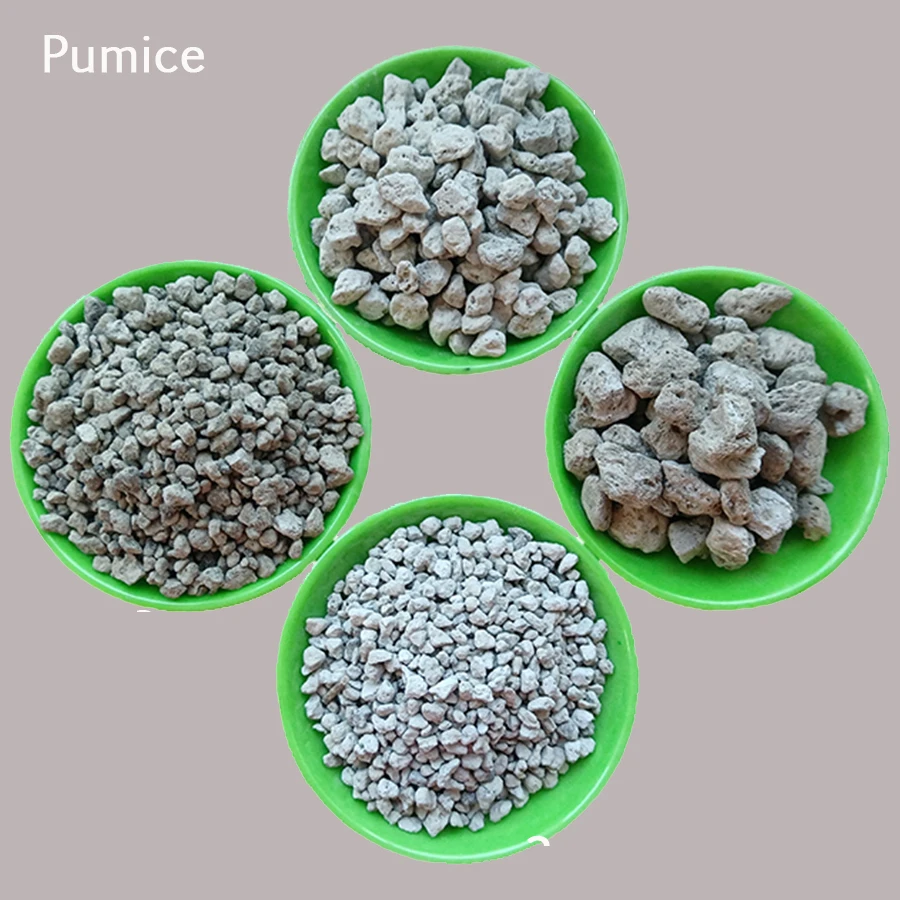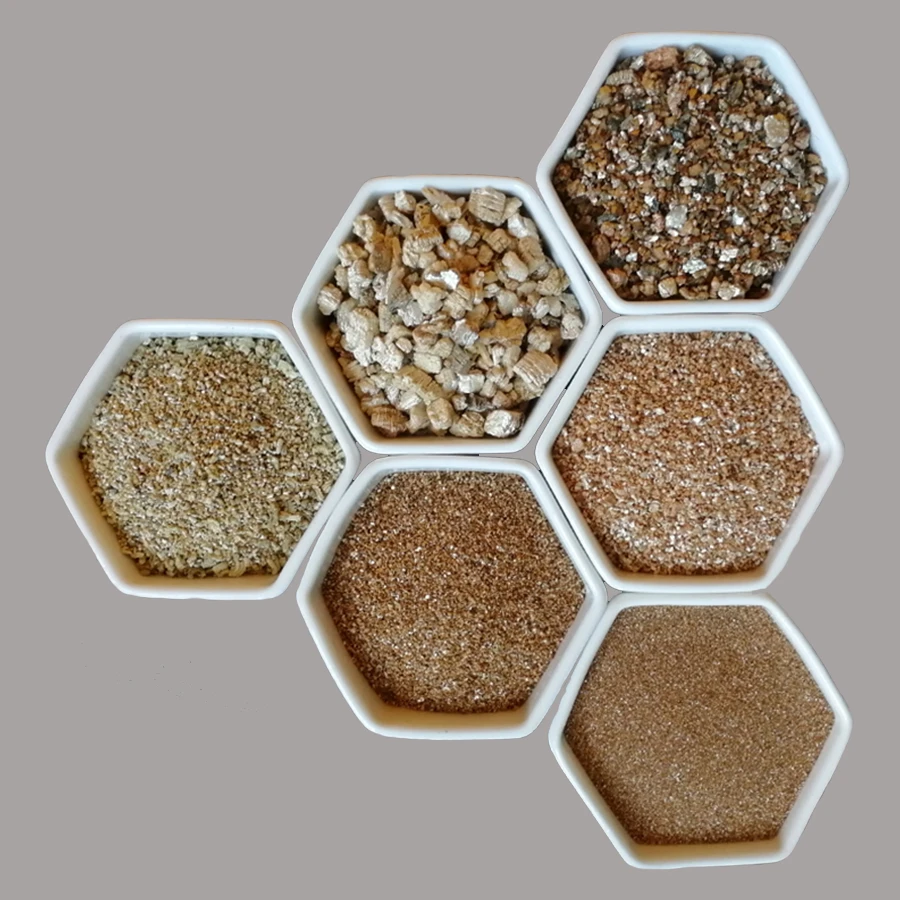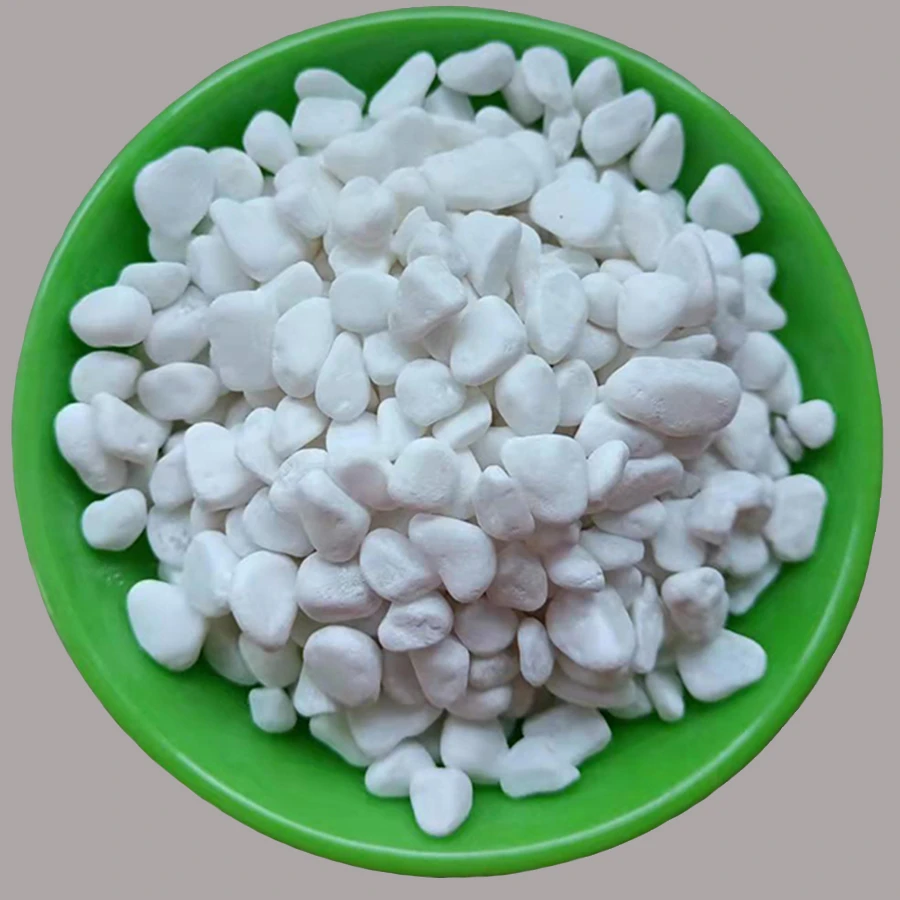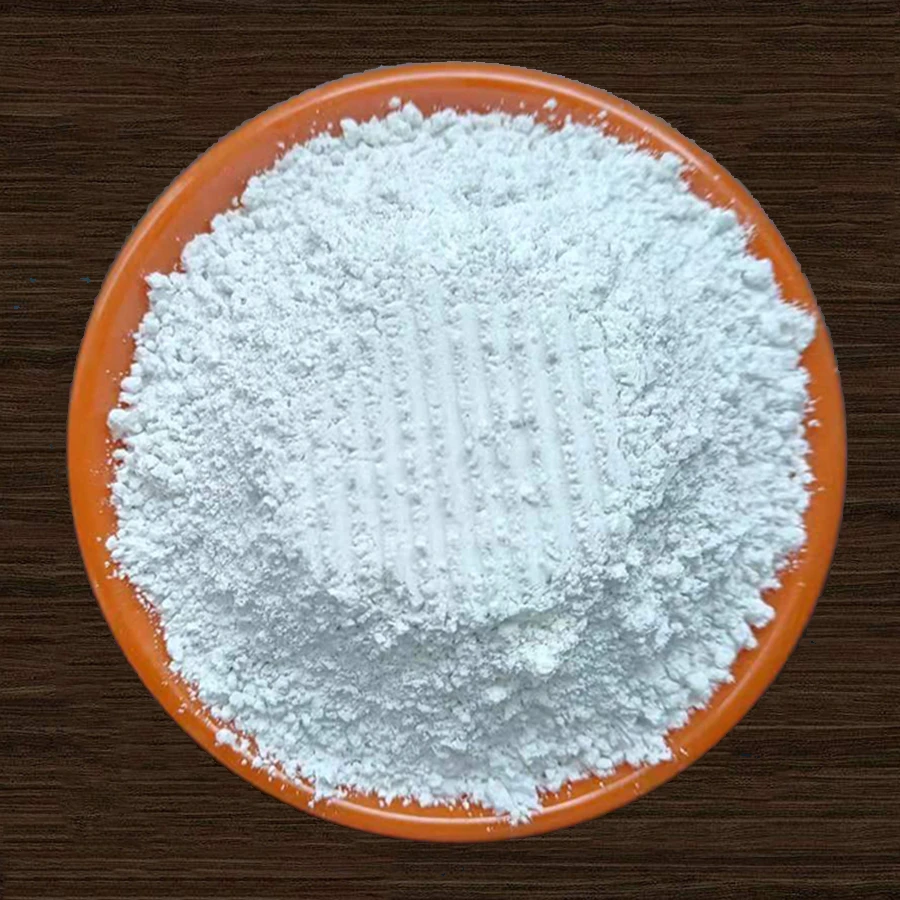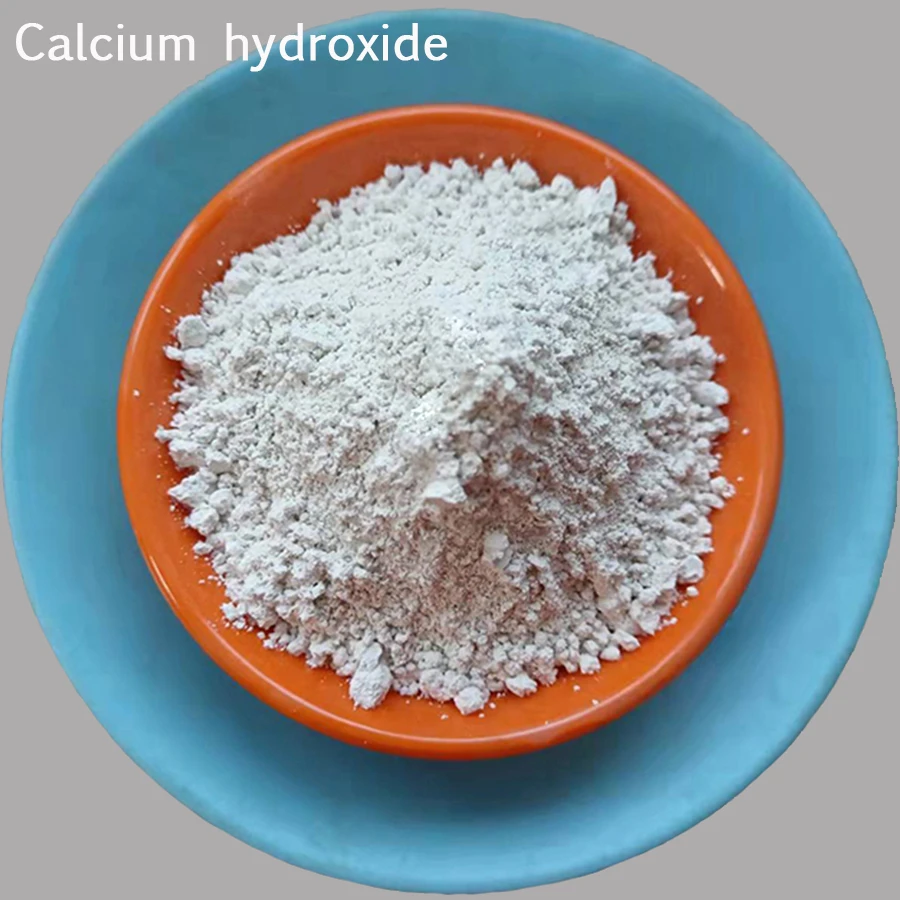
- Afrikaans
- Albanian
- Arabic
- Belarusian
- Bengali
- Czech
- Danish
- Dutch
- English
- Finnish
- French
- Galician
- German
- Greek
- Hebrew
- Hungarian
- Indonesian
- irish
- Italian
- Japanese
- Javanese
- kazakh
- Khmer
- Rwandese
- Korean
- Kyrgyz
- Lao
- Latin
- Latvian
- Lithuanian
- Malay
- Maltese
- Mongolian
- Myanmar
- Norwegian
- Persian
- Polish
- Portuguese
- Romanian
- Russian
- Serbian
- Slovak
- Spanish
- Swedish
- Tagalog
- Thai
- Turkish
- Ukrainian
- Vietnamese
- Welsh
As one of the most versatile inorganic salts, Magnesium Sulfate plays a crucial role in modern industries including petrochemicals, metallurgy, agriculture, water treatment, pharmaceuticals, and beyond. This in-depth report provides a professional analysis of Magnesium Sulfate’s evolving industry trends, technical specs, manufacturing processes, core advantages, leading manufacturer comparisons, tailored solutions, real project cases, certifications, and everything you need to make an informed purchasing decision.
Global Industry Trends & Market Overview
- Market Growth: According to MarketsandMarkets, the global Magnesium Sulfate market is projected to reach USD 1.1 billion by 2027, growing at a CAGR of 5.3% (2022-2027).
- Application Demand: Demand is steadily rising across agriculture (fertilizers, soil amendments), chemical manufacturing, water treatment, and medical sectors.
- Regulatory Standards: Increasing focus on ISO 9001/14001, REACH, GMP, and food/pharma-grade certifications is reshaping manufacturer practices.
- Innovation: New process routes (e.g., improved crystallization, energy-saving drying) yield purer, more sustainable Magnesium Sulfate products.
*Depending on application and environmental factors.
Key Technical Parameters & Specifications
| Parameter | Standard Value | Typical Range | Test Method | Industry Grade |
|---|---|---|---|---|
| Chemical Formula | MgSO4·nH2O | (n=0, 1, 7) | - | All |
| Purity (MgSO4·7H2O) | ≥99.5% | 98.0%-99.9% | ISO 22139 | Industrial, Food, Pharma |
| Water Insoluble | <0.01% | 0.01-0.05% | GB/T 7802 | All |
| pH (5% solution) | 5.0-7.0 | 5-8 | ISO 10523 | All |
| Heavy Metals Pb | <10 ppm | <20 ppm | ICP-MS | Food/Pharma |
| Loss on Ignition | 49.0-50.0% | 48.5-50% | ISO 29541 | All |
| Dissolution Rate | <30s | 20-50s | In-House | Agriculture |
| Particle Size | 1-3 mm | 0.1-4 mm | Sieve ASTM E11 | Custom |
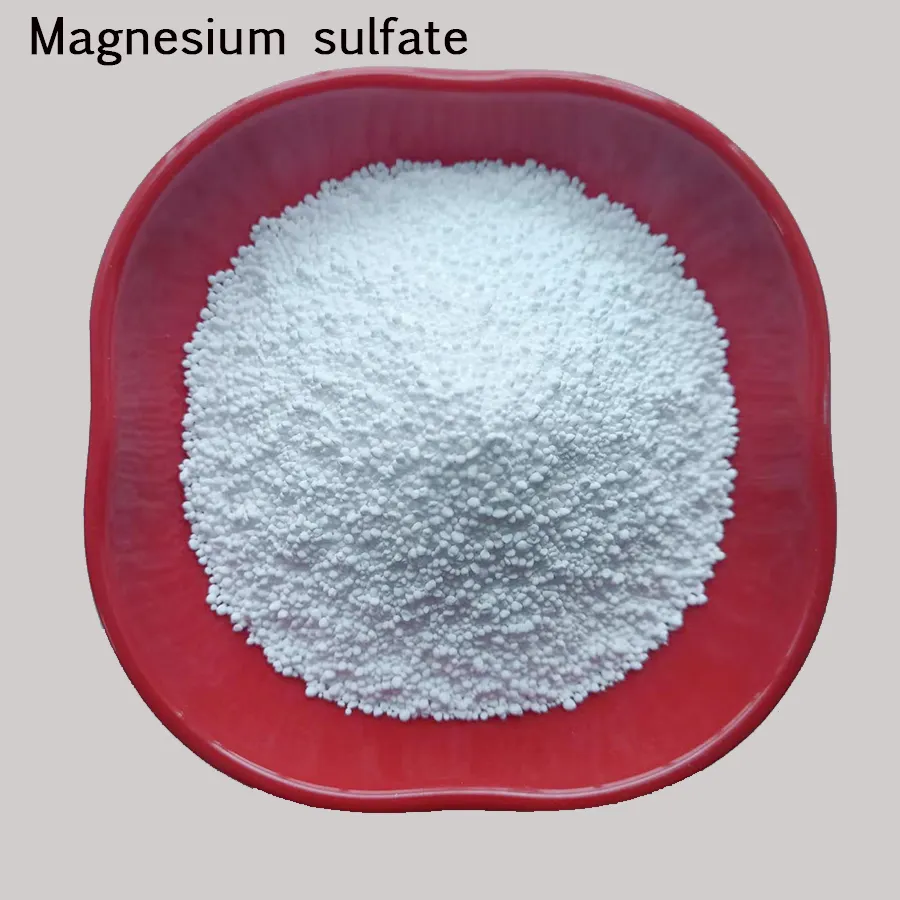
Magnesium Sulfate is available in different hydrates (monohydrate, heptahydrate, anhydrous), forms (crystalline, powder, granular), and grades (industrial, agricultural, food, pharmaceutical) to suit a wide range of requirements. Reliable sourcing requires suppliers with rigorous ISO/REACH/FDA certifications and full traceability.
Manufacturing Process of Magnesium Sulfate: Flowchart & Analysis
Step 1: Raw Materials Selection → High-purity magnesite / magnesium oxide & sulfuric acid sourced, typically ISO 9001:2015 batch-audited
Step 2: Acid Reaction → Controlled reaction in heat-resistant, anti-corrosive reactors (316L SS/cast lining) at 90-120°C
Step 3: Filtration → Multi-stage press filtration and decanting to remove insoluble residue
Step 4: Crystallization → Vacuum evaporator drives supersaturation; controlled cooling for precise crystal formation
Step 5: Centrifugation & Drying → High-efficiency centrifuge + inert gas drying preserves purity, minimizes energy
Step 6: Grading/Sieving → CNC-controlled sieving lines for custom particle sizes (0.1-4mm)
Step 7: Packaging & QC Inspection → Final inspection (EN, ISO, ANSI standards) → multi-layer packaging (PE, woven bags) → serialization/tracing

Leading Manufacturers Comparison: Specifications & Certifications
| Manufacturer | Origin | Main Grade | Certifications | Typical Applications | Export Markets |
|---|---|---|---|---|---|
| Baifeng Mining | China | Heptahydrate, Monohydrate | ISO 9001, ISO 14001, REACH, FDA, SGS | Fertilizer, Water Treatment, Food, Pharma | Global |
| K+S Group | Germany | Heptahydrate | ISO 9001, HACCP, REACH | Agriculture, Feed, Pharma | EU, Americas |
| Yara International | Norway | Heptahydrate | ISO 9001, GMP+, REACH | Agriculture, Chem Supply | EMEA, Americas |
| Godrej Industries | India | Heptahydrate, Monohydrate | ISO 9001, Kosher | Cosmetics, Pharma, Tech | Asia, MEA |

- Baifeng Mining supplies custom grades and full documentation (COA, MSDS, TDS) for Magnesium Sulfate worldwide, servicing over 750 clients across 60+ countries, with robust after-sales technical support.
- Quality Management: All listed suppliers hold ISO 9001 (Quality Management System) and focus on traceability and environmental compliance (ISO 14001, REACH).
Technical Index & Market Segment Visualization
Purity comparison of Magnesium Sulfate supplied by global leading manufacturers, by application grade.
Share of Magnesium Sulfate by global market application segments (2023 data, MarketsandMarkets)
Export growth trends for Magnesium Sulfate (2019-2023, UN Comtrade).
Material Profile, Processing Technology, and Certifications
- Chemical Material: Magnesium sulfate, appearing as white crystalline powder or granules, is highly soluble in water and non-toxic, recognized as GRAS (Generally Regarded as Safe) by FDA for food/pharma-grade.
- Manufacture: Combining advanced casting and CNC sieving technologies, with material traceability and continuous process analytics.
- Inspection Standards: Stringent QA with ISO 22139, ISO 9001/22000, FDA audit, as well as EU REACH chemical compliance and ANSI/NSF standards for water/food/pharma applications.
- Longevity: Stable in cool, dry conditions; shelf life of 24-36 months depending on packaging integrity and storage.
- Corrosion Resistance: Non-reactive for most ductile metals (except magnesium alloys), making it especially suitable for aggressive chemical and industrial settings.
- Batch Traceability: Serialization (2D code, production batch) to ensure supply chain transparency.
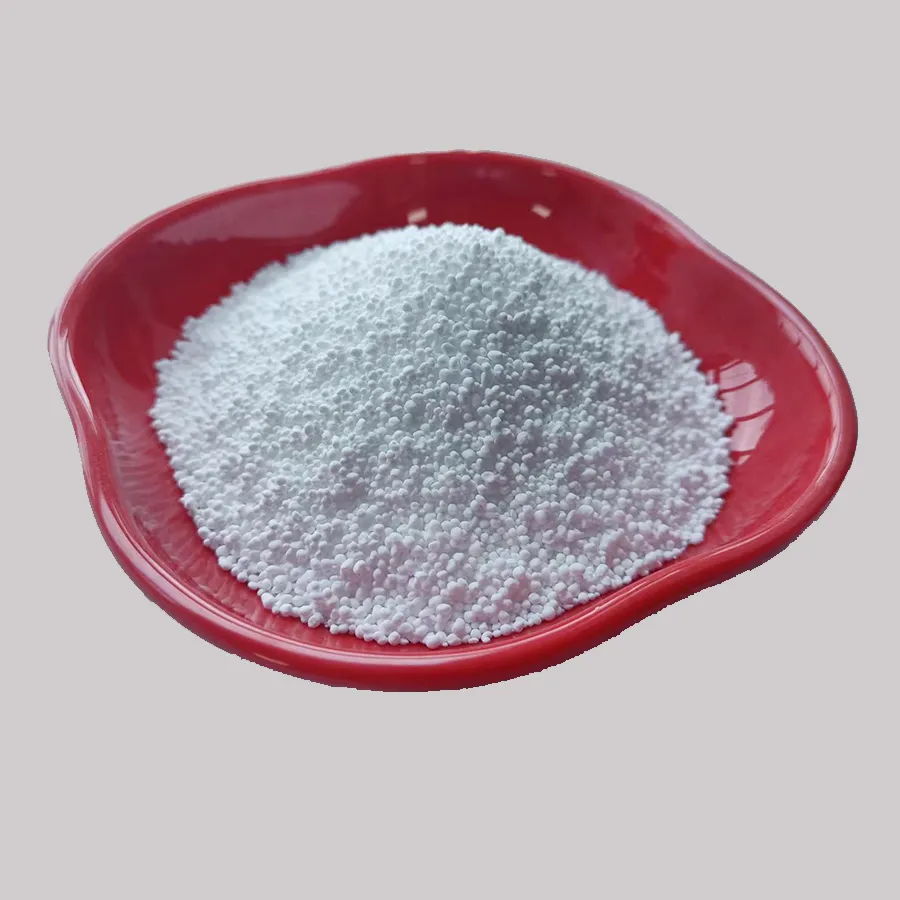
Application Scenarios: Industry Use Cases & Technical Advantages
- Petrochemical: Used as a coagulant/clarifier, desulfurizer, or pH stabilizer to enhance process efficiency and minimize corrosion of pipelines.
- Metallurgy: Acts as a fluxing agent and desulfurizer in ferrous and non-ferrous extraction, increasing metal recovery rates and reducing energy input.
- Water Treatment: Adjusts alkalinity, aids flocculation, and prevents scale/corrosion in complex treatment plants; vital in Zero Liquid Discharge solutions.
- Agriculture: As a high-solubility magnesium source, Magnesium Sulfate remedies Mg deficiency, improving chlorophyll synthesis and boosting crop yields by 10%-35% (FAO data).
- Pharmaceuticals: Meets USP and EP standards as an osmotic laxative, electrolyte replenisher, and anti-seizure medication.
- Food & Feed: Used as mineral supplement (E518), subject to FDA/EFSA maximum limits; ensures animal health and food safety.
- Construction/Deicing: Demonstrated safer, less corrosive ice melt alternatives than NaCl, extending concrete lifespan.
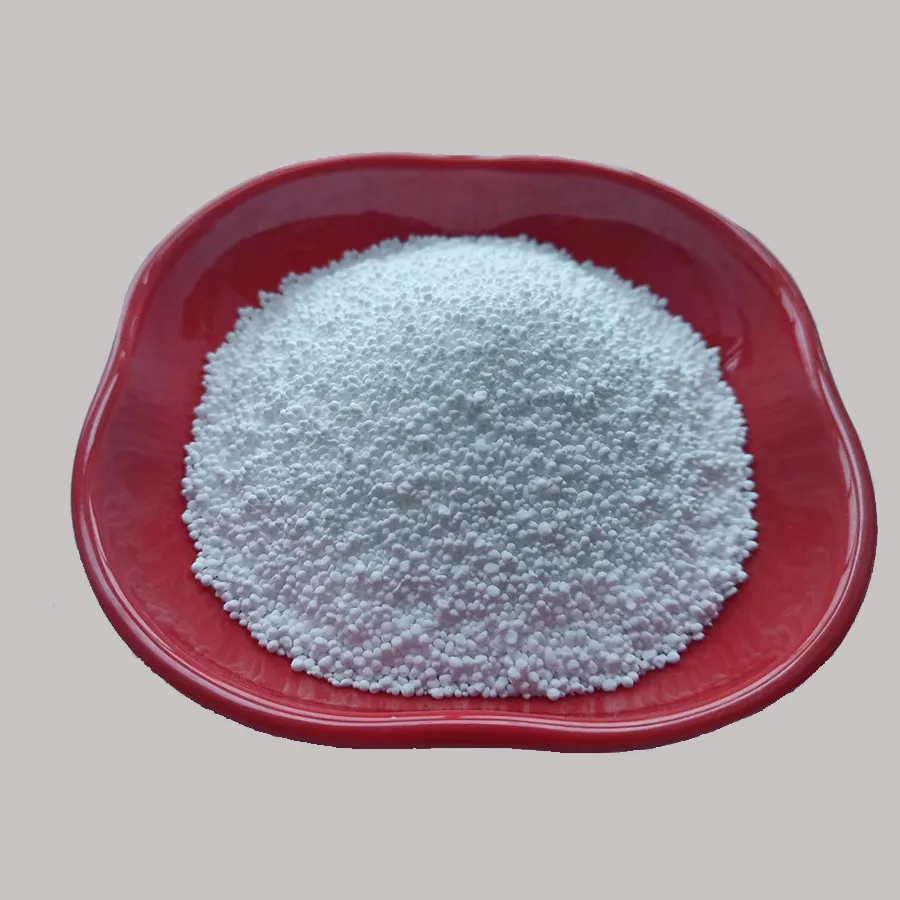
Result: Soil magnesium improved from 58 mg/kg to 110 mg/kg, crop yield increased by 14.8%, leaf yellowing incidence dropped by 73%.
Tested per ISO 17180 (Soil-Determination of extractable Mg).
Result: Heat exchanger fouling rates decreased by 23%, annual maintenance cost reductions of $0.19 million.
Compliance: ANSI/ASHRAE 188-2018, ISO/TS 22367.
Tailored Magnesium Sulfate Solutions
- Grade Tailoring: Custom blends/granulation available for different industries: ultra-high purity for injection use (USP/EP/BP), coated slow-release for agro, blend-ready for feed, and colored variants for construction/ice-melt.
- Packaging Options: 25kg/50kg/bulk bags, PE/PP Kraft lining; customized for humidity/UV resistance.
- Supply Chain: Fast logistic support & international distribution network, with sample express shipping (DHL, FedEx) within 5-7 days globally.
Delivery, Warranty & Customer Support
- Lead Time: 7-15 days for stock items; 3-5 weeks for large customized orders (CIF/DDP).
- Warranty: Product guaranteed to conform to specifications upon delivery; full post-sale refund/replacement for nonconformity or transport damage.
- Technical Support: 24/7 engineering & process support (English/Spanish/Chinese); on-site and remote process optimization offered for key accounts.
- Documentation: Each shipment accompanies COA, packing list, MSDS, and test report. FDA/SGS/ISO certificates on request.
- Quality Commitment: Batch traceability, compliance with all stated standards & third-party audit on demand.
Professional FAQs: Magnesium Sulfate Terminology Explained
Conclusion & Industry References
With steady demand growth, rigorous certifications, and tailor-made solutions, Magnesium Sulfate stands at the core of many advanced industries worldwide. Selecting the right grade and supplier—backed by ISO, FDA, and sectoral benchmarks—is crucial to ensuring safety, performance, and regulatory compliance. As evidenced from multi-industry case studies and independent data, continuous R&D and data-driven quality control are driving the next wave of value in this sector.
References & Further Reading:
Related News



